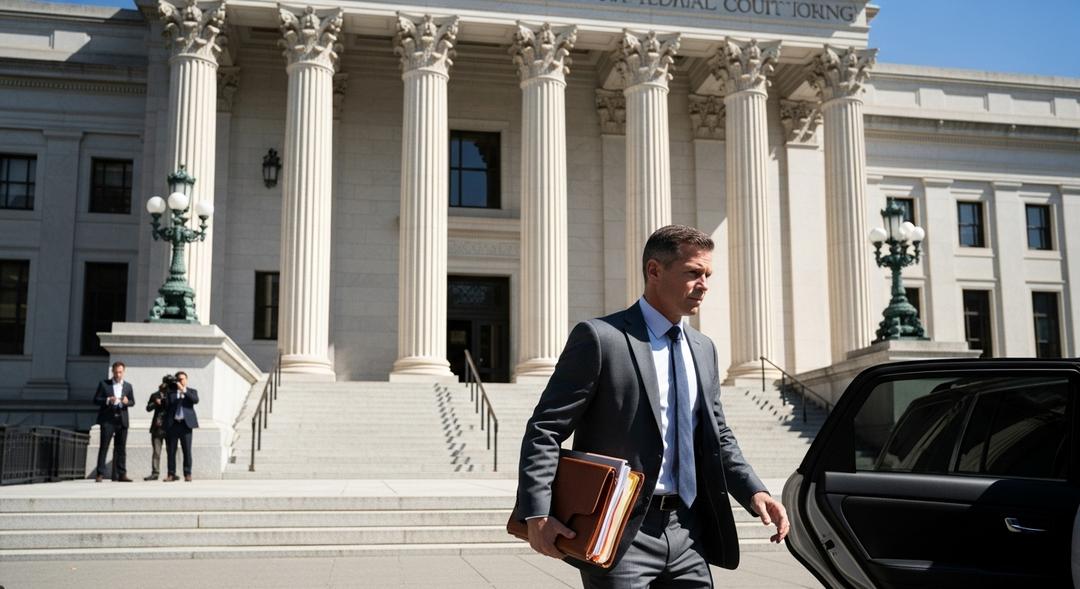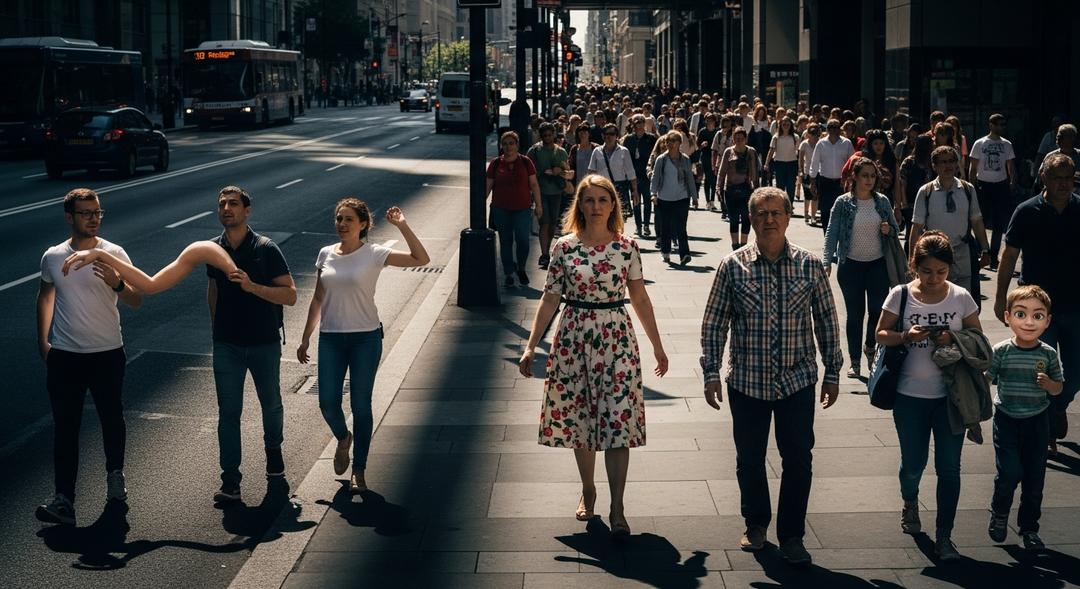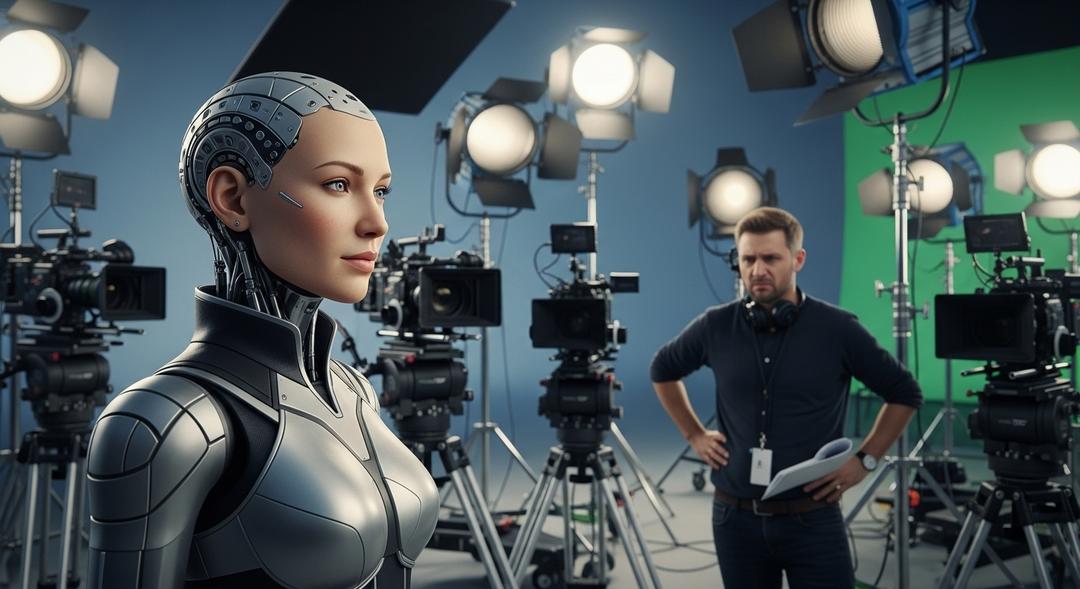A sweeping courtroom decision has given Anthropic the edge in a high profile clash at the intersection of artificial intelligence and copyright law.
Anthropic has won a crucial argument that using copyrighted books to train its AI models qualifies as protected fair use, stirring debate throughout the tech, publishing, and legal communities. The decision, issued late Monday by senior district judge William Alsup, ruled that training AI on copyrighted works wasn’t illegal, since the “transformative” nature of the technology made a strong case for fair use.
Alsup wrote, “The technology at issue was among the most transformative many of us will see in our lifetimes.” His order emphasized that the way AI models analyze and learn from text is fundamentally different from simply copying and selling books.
This ruling is especially significant because it is the first in a wave of ongoing cases to tackle the fair use question with so much depth and clarity. Chris Mammen, the managing partner at Womble Bond Dickinson and an expert in intellectual property, said, “Judge Alsup found that training an LLM is transformative use—even when there is significant memorization.” He noted that the decision ruled out any fundamental difference between human and machine learning from text when it comes to copyright protection.
Fair Use versus Pirated Libraries
Despite this victory for Anthropic, the court’s decision was a double-edged sword. While Alsup recognized fair use during model training, he ordered a full trial over Anthropic’s use of pirated books to assemble its training library.
The court revealed that Anthropic had downloaded millions of unauthorized books from sites like Books3 and Library Genesis. Judge Alsup wrote, “Anthropic downloaded over seven million pirated copies of books, paid nothing, and kept these pirated copies in its library even after deciding it would not use them to train its AI (at all or ever again). Authors argue Anthropic should have paid for these pirated library copies. This order agrees.”
That means the case isn’t over for Anthropic, which faces potentially massive financial consequences. Damages could be calculated at a minimum rate of $750 per book, according to the ruling; with a library of millions, the stakes are enormous.
Judge Alsup made it clear that building a pirate book library could not be justified under fair use. Every factor, he wrote, “points against fair use” in the acquisition and maintenance of that pirated content.
Anthropic spokesperson Jennifer Martinez responded with optimism, saying the company is pleased because the decision backs the purpose of copyright as a way to support both creativity and scientific progress.
This pivotal ruling will likely shape the approach courts take on similar AI copyright suits moving forward, especially those where fair use is argued without the cloud of piracy. No trial date has yet been set for deciding damages over the alleged use of pirated books.








